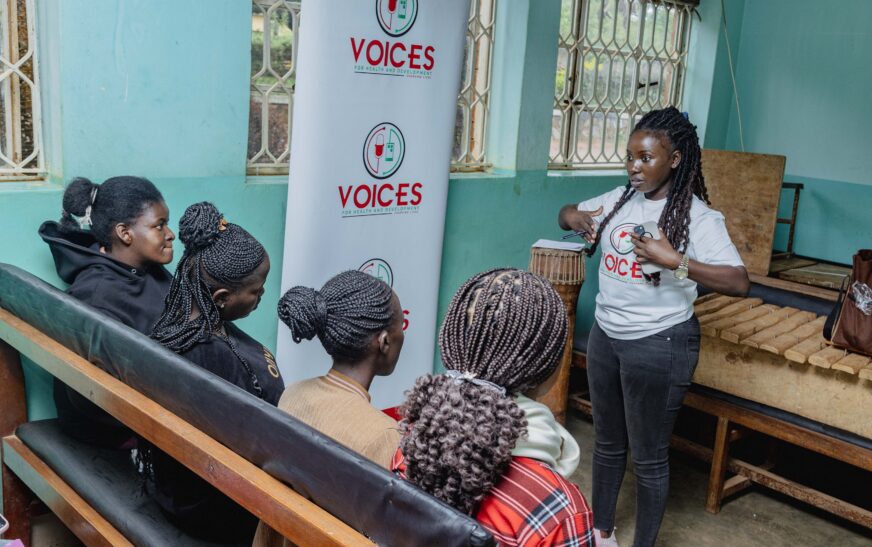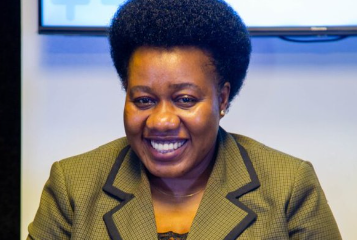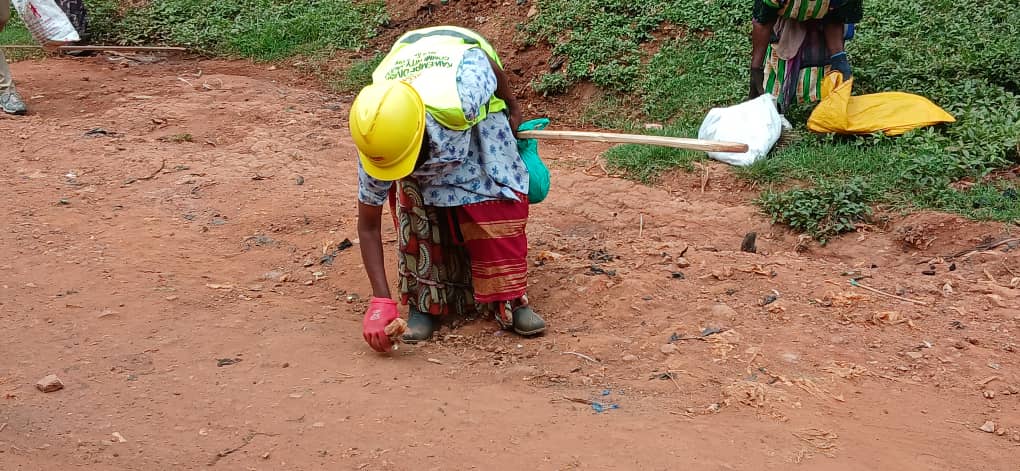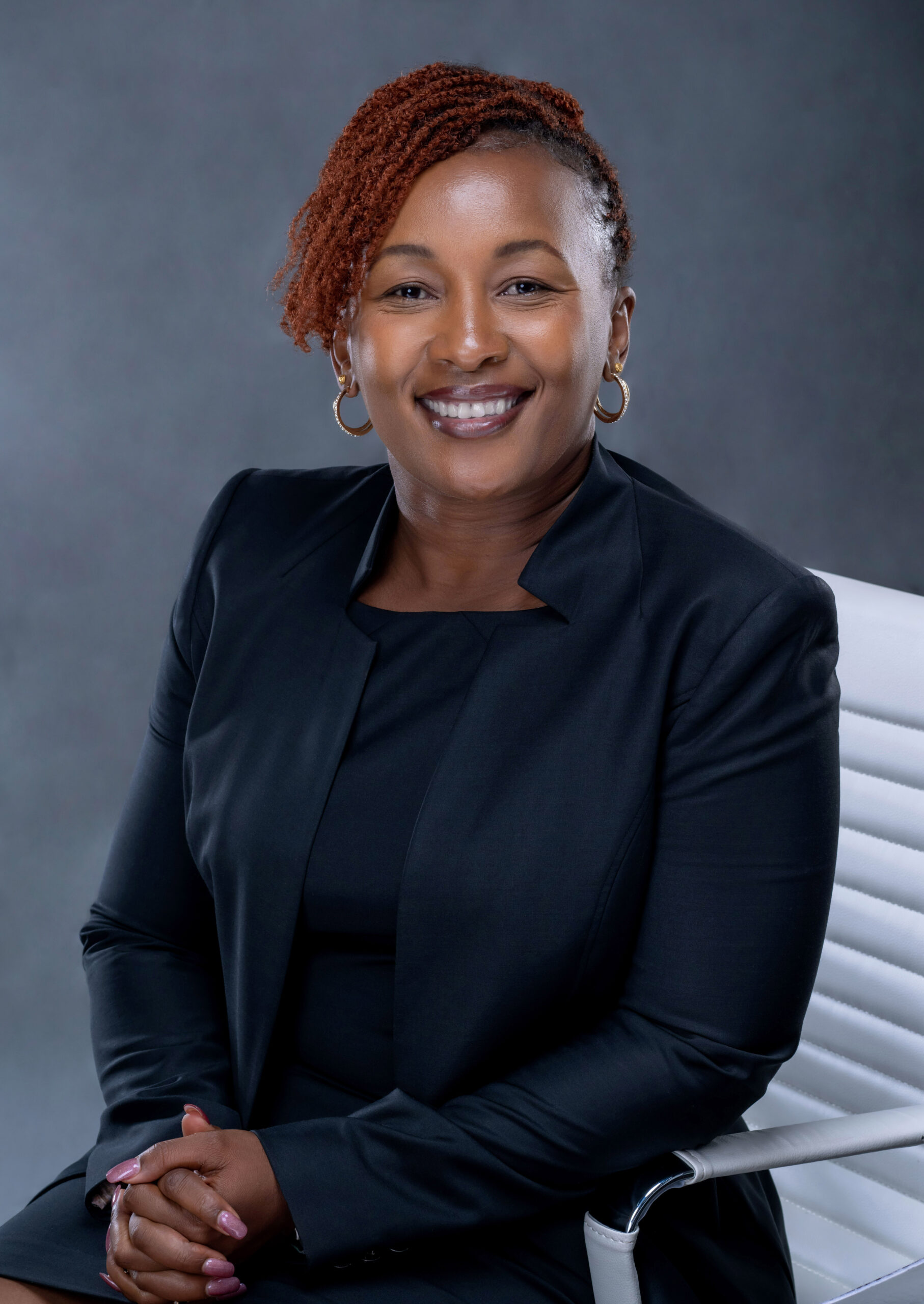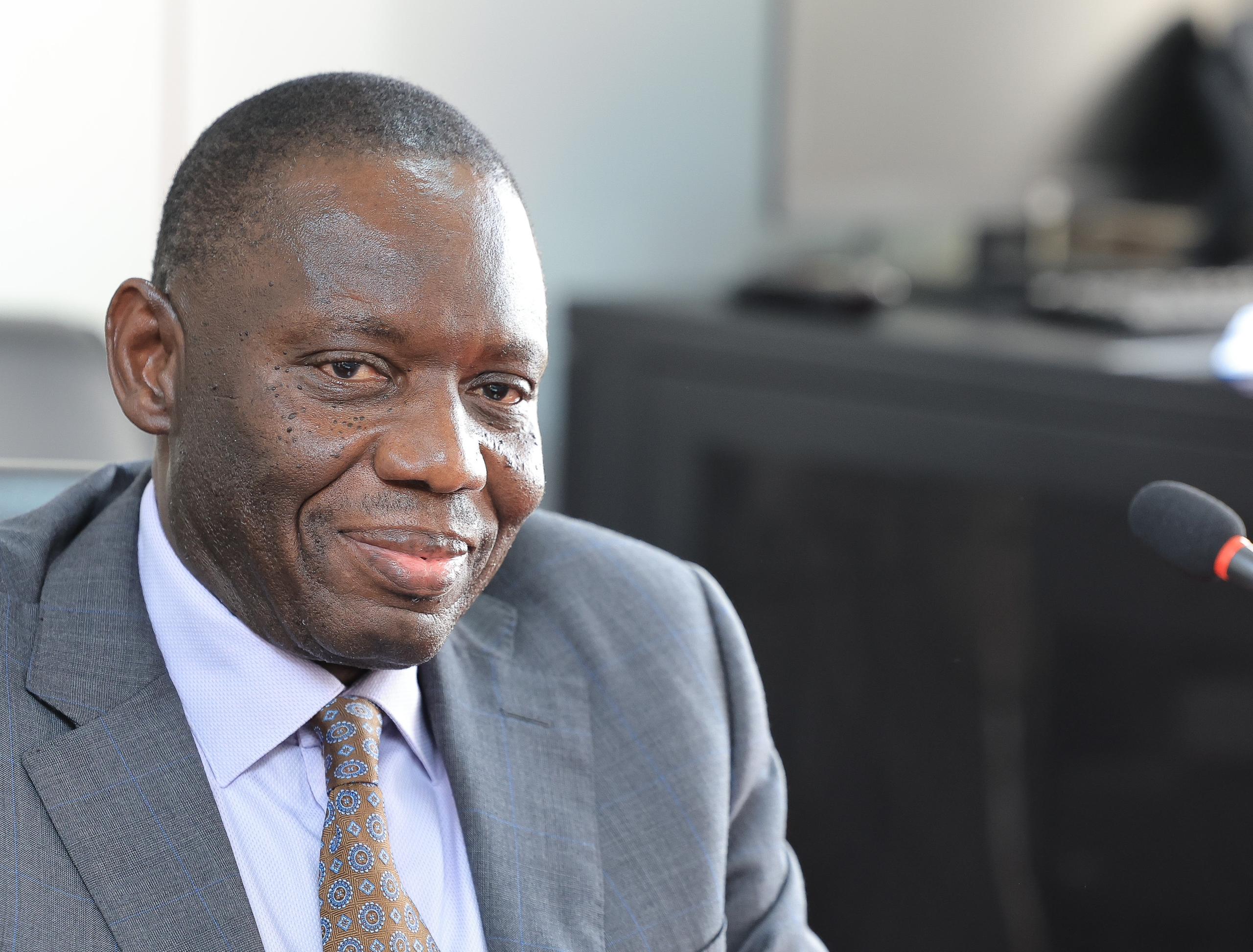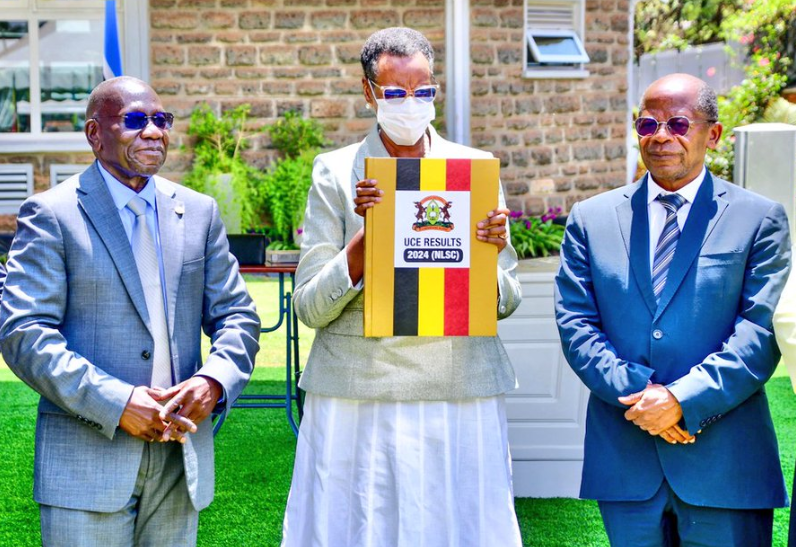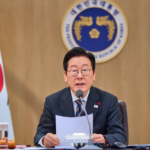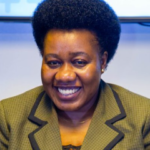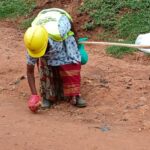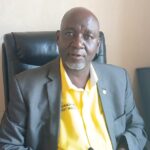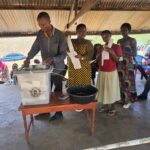Voices for Health and Development (Voices), a feminist, women-led organization, has called for urgent action to address Sexual and Reproductive Health (SRH) challenges across major universities in Uganda. The appeal came during a recent engagement with female students at Nkumba University.
The event aimed to capture students’ lived experiences within the university setting, offering valuable insights that will inform Voices’ future advocacy and programming efforts to tackle SRH challenges on campus.
The discussion also highlighted a broader national crisis. A study spanning several Ugandan universities found that 6% of sexually active female students aged 15–19 had experienced pregnancy, while 7% had undergone an induced abortion—often in unsafe conditions (Nalwadda et al., 2011). These findings mirror national data indicating that unsafe abortions account for 26% of maternal deaths in Uganda (Guttmacher Institute, 2020), underscoring the life-threatening risks posed by restricted access to safe and legal reproductive health services.
Gender-based violence (GBV) was another key issue discussed. A study conducted at Soroti University revealed that 57.8% of students reported experiencing some form of GBV, with emotional or verbal abuse being the most common (56.5%) (Ononge et al., 2022). Nationally, over half of adolescent girls and young women aged 15–19 have reported experiencing physical or sexual violence (Guttmacher Institute, 2020), pointing to the widespread nature of GBV among Uganda’s youth.
Rose Mahoro, Programs Manager at Voices, emphasized the importance of engaging directly with students. “Our approach is grounded in community participation—we want to hear directly from the students about the challenges they face,” Mahoro said. “This focus group provided an invaluable opportunity to understand, firsthand, the SRH barriers young women encounter in university settings. The feedback we received will guide our efforts to design targeted interventions.”
Students shared their personal stories, challenges, and solutions to the SRH issues they face. Olive Nigesa, a first-year Journalism and Public Relations student, described the session as an “eye-opener.” She shared a distressing account of a friend who nearly died following an unsafe abortion due to lack of adequate medical support. “If these discussions are structured well, they can help prevent similar tragedies and address the SRH challenges students face,” she said.
Other participants echoed these sentiments. Princess Amliah emphasized the importance of awareness and empowerment, stating, “Knowing my rights is essential to protect myself and others. It’s often difficult to get the necessary support from the university administration.” Nakalembe Majorine highlighted the need for solidarity and action: “Today, I learned the power of speaking up for those suffering from violence. Silence only strengthens perpetrators, and I feel empowered to help my peers navigate their SRH challenges.”
Mahoro told Nkumba University News that the institution was selected for its openness to student engagement around SRH topics. “We believe in community-based solutions,” she said. “The discussions at Nkumba have been incredibly informative, and we’re committed to using these insights to develop responsive and relevant programs.”
Achola Tina, another student in attendance, reflected on the lack of awareness among her peers. “Before today, I didn’t even know where to go for help. Now, I understand how important it is to have organizations like Voices offering support.”
Despite policy progress in Uganda regarding family planning and GBV, critical gaps remain in areas such as access to contraceptives, safe abortion services, and comprehensive sexuality education. These shortcomings limit students’ ability to make informed health decisions and place their safety at risk.
It is imperative that universities step up as champions of student health by ensuring SRH services are accessible, inclusive, and tailored to the diverse needs of their student populations. Empowering young people with accurate information and reliable support isn’t just a policy concern—it is essential to securing their academic success, personal safety, and overall well-being.

